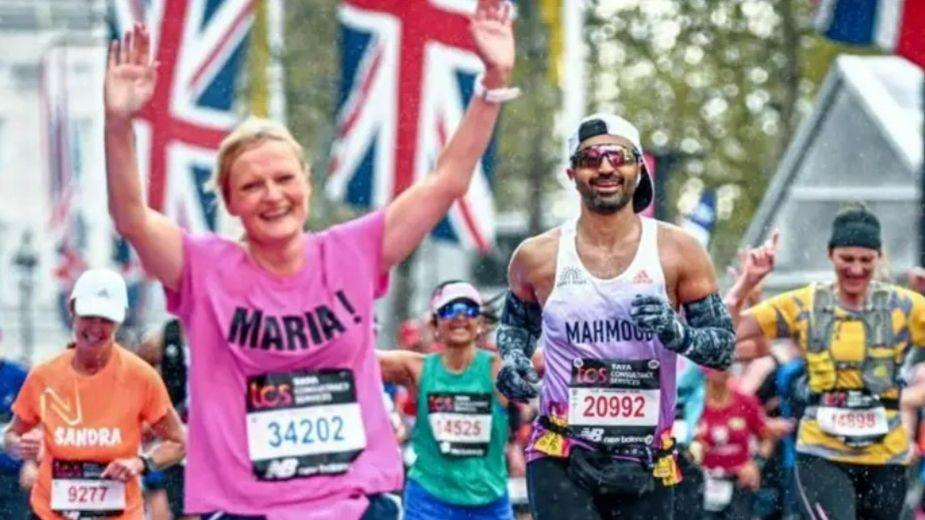Woman helped by meeting other stroke survivors
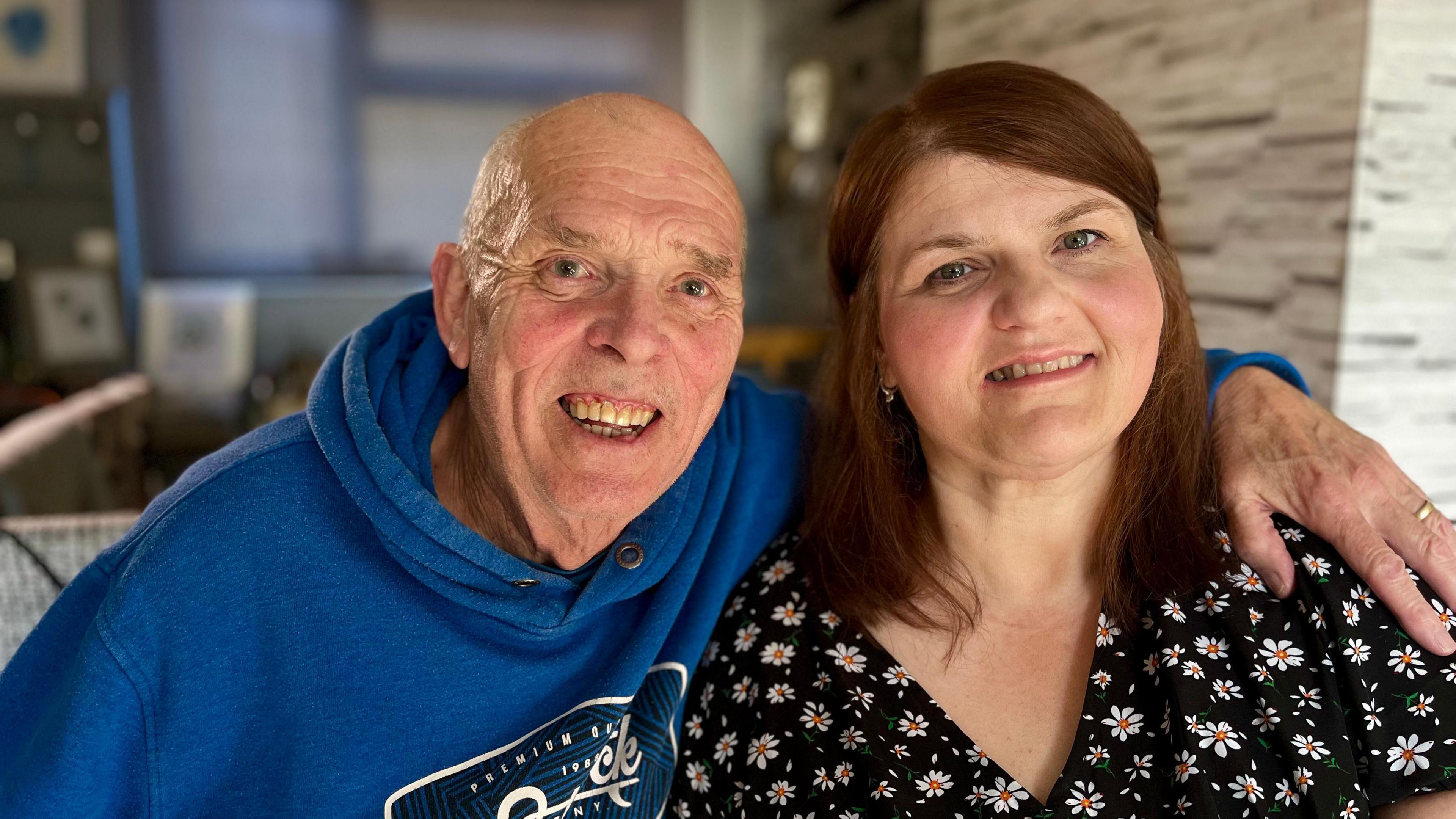
Kelly Holmes is learning to walk and talk again and wants to raise awareness after having a stroke at a young age
- Published
A woman who relearned to walk and talk after suffering two strokes at the age of 51 said connecting with other stroke survivors helped her rebuild her life.
Kelly Holmes, a former receptionist from Norfolk, said she was "robbed of life" two years ago when she became ill.
Mrs Holmes attends weekly stroke rehabilitation sessions at Dersingham Village Centre, Dersingham, Norfolk, and advised anyone in a similar situation to talk to others and believe in themselves.
New research from the Stroke Association said one in five stroke survivors in the East of England believed talking to other survivors had been the "single most important part of their recovery".
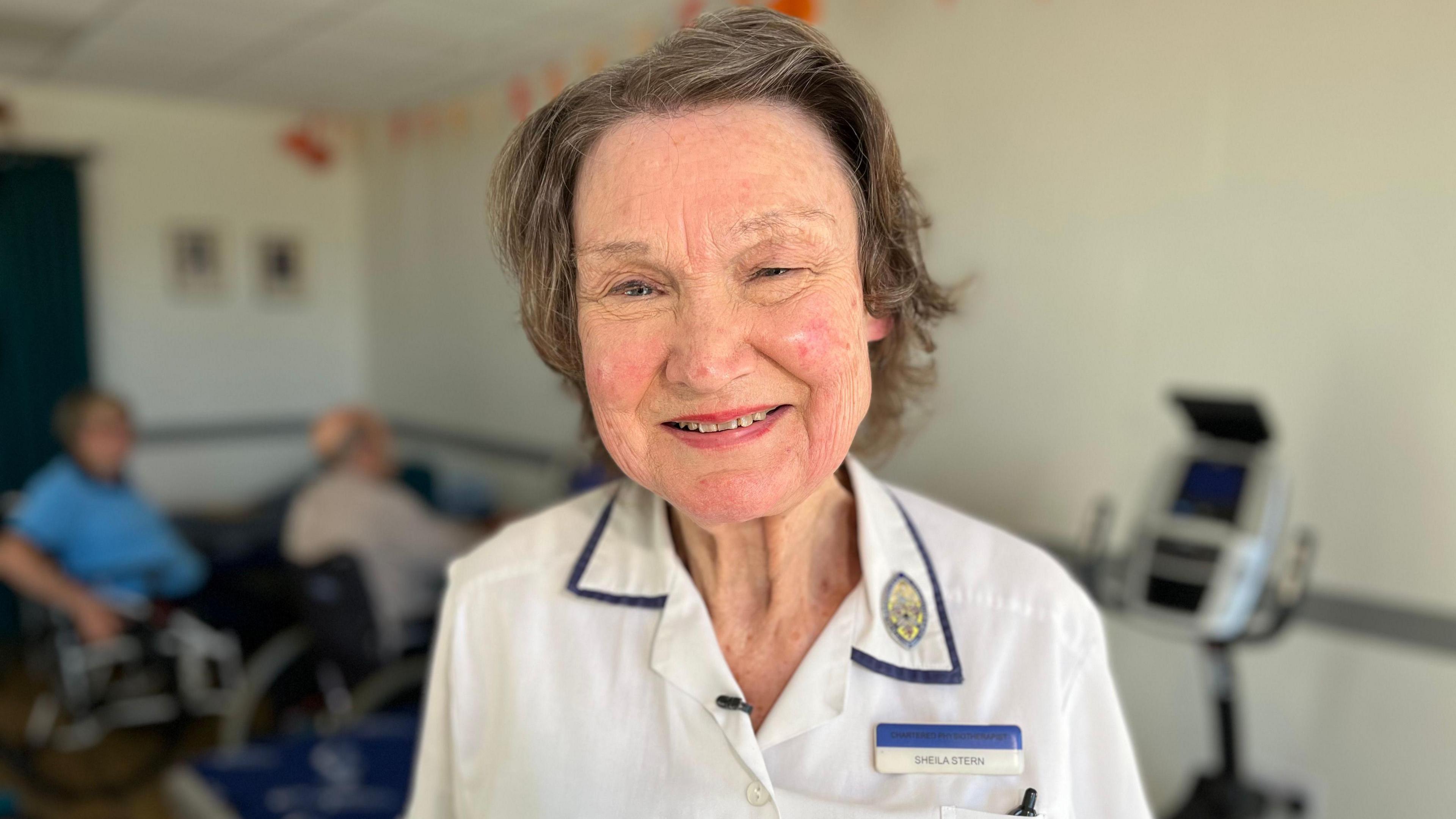
Shelia Stern set up a weekly class to help people with long-term health conditions
About 240 people suffer a stroke every day. It occurs when there is a sudden loss of blood supply to a part of the brain, which can be caused by a burst or blocked blood vessel.
Shelia Stern, a retired NHS neuro-physiotherapist who specialised in stroke rehabilitation, set up a weekly class to help people with long-term health conditions, as typical NHS-funded physiotherapy only lasts for 12 weeks.
"They can feel normal again, like they are not the only ones," Ms Stern told BBC Look East.
"[After class] they go through to the café sit and chat and my goodness, they get so many good ideas from each other."
Learn from others
Dave, Mrs Holmes' husband and her full-time carer, said the sessions had been important for his wife's mental health and allowed her to learn from other stroke survivors.
Mrs Holmes said she initially felt suicidal after her stroke in January 2023.
She spent months in hospital before she went to live in a care home in March, Cambridgeshire, before returning home in August 2023.
She said: "If I can talk, I can recover... come on Kelly you can do this."
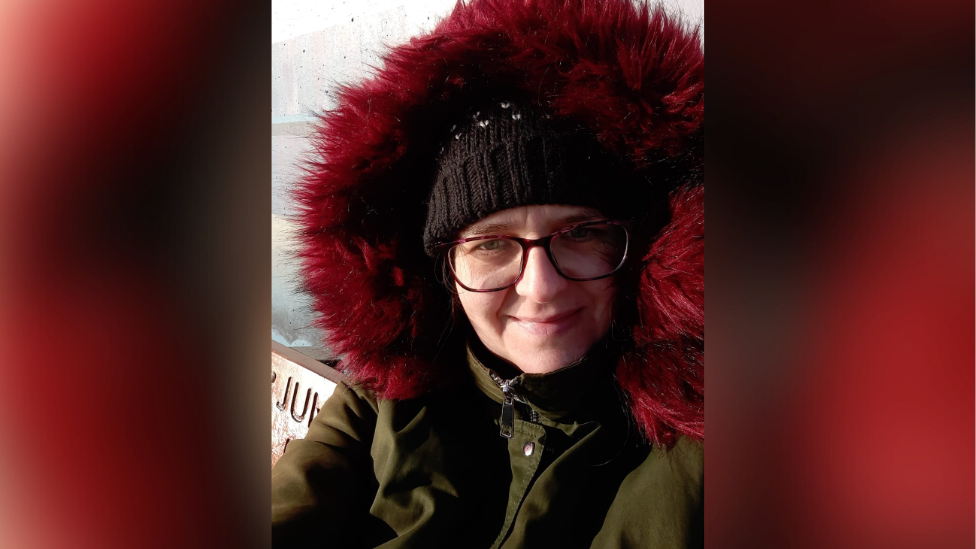
Ms Young's health deteriorated when she was sent home from hospital after the stroke was missed by staff
Sarah Young, 47, a former teacher from Basildon, Essex, has also been raising awareness of the impact of having a stroke at a young age.
Ms Young lives with sight loss, weakness on her right-side and a loss of sensation from her head down to her foot, after what she believed was a migraine turned out to be three strokes.
At the time she could not walk, could hardly see and her health deteriorated further when she was sent home because the stroke had been missed by hospital staff.
Although she felt "incredibly guilty" about the impact her stroke has had on her sons and family, she said she was "adamant to not let my stroke define who I am".
Ms Young said: "The Stroke Association has played a vital role in my recovery. I’m so thankful to have had their support.
"I was able to get practical advice and guidance... it felt like speaking to a friend.
"The job they do is like no other in the stroke pathway, and yet it’s the puzzle piece to bringing all the steps in recovery together."
Get in touch
Do you have a story suggestion for the East of England?
Follow East of England news on X, external, Instagram, external and Facebook: BBC Beds, Herts & Bucks, external, BBC Cambridgeshire, external, BBC Essex, external, BBC Norfolk, external, BBC Northamptonshire, external or BBC Suffolk, external.
Related internet links
- Published4 September 2024
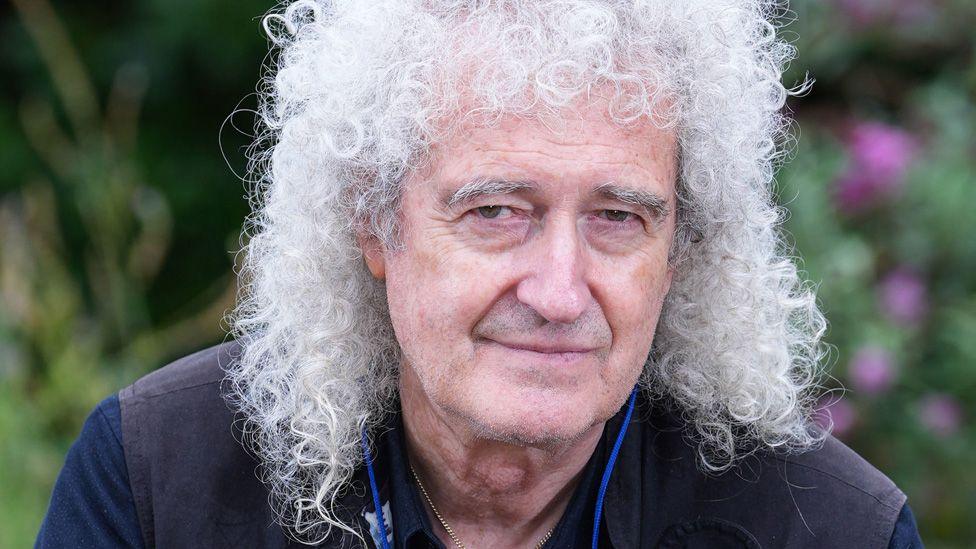
- Published12 July 2024
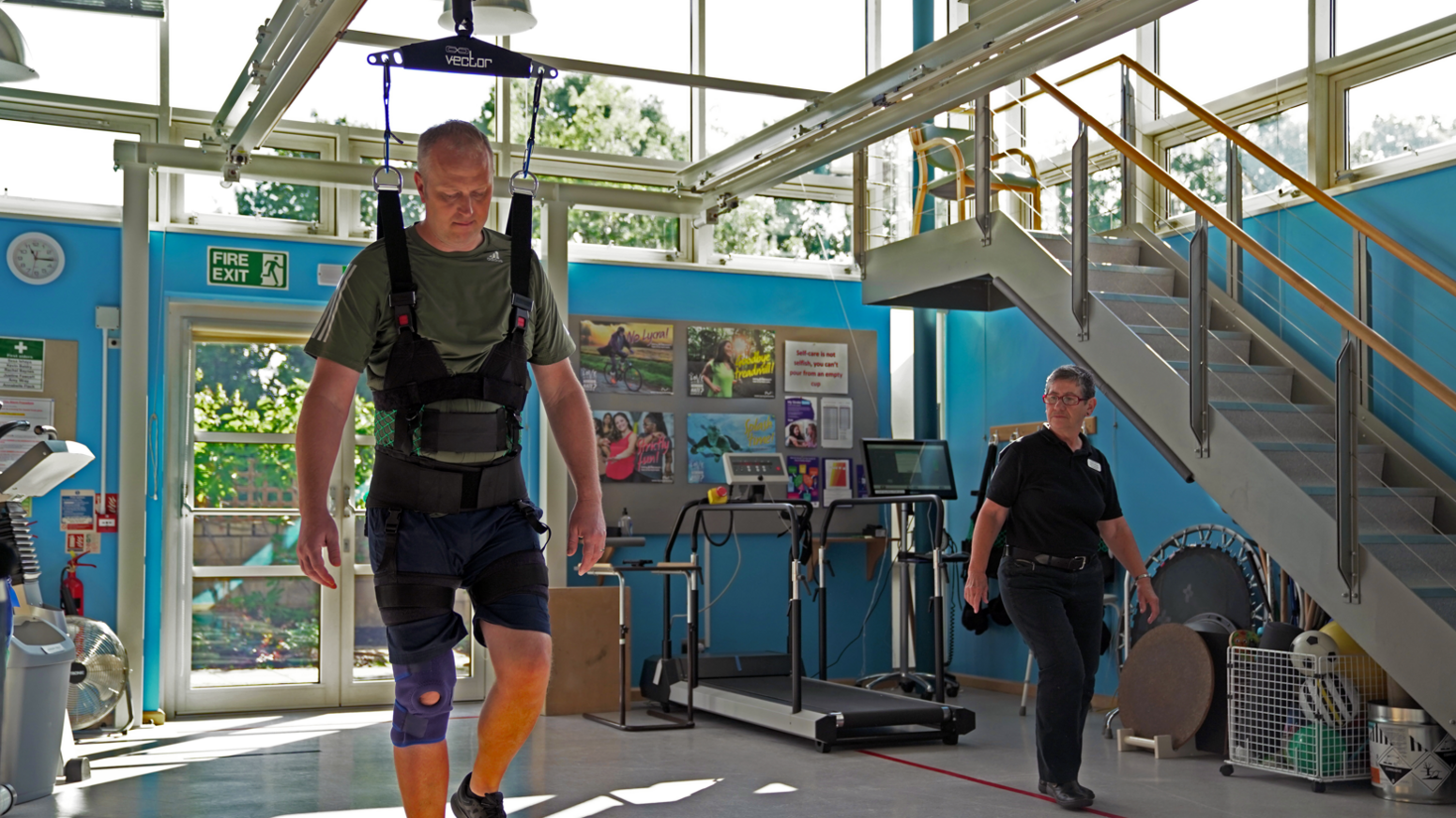
- Published17 October 2024
